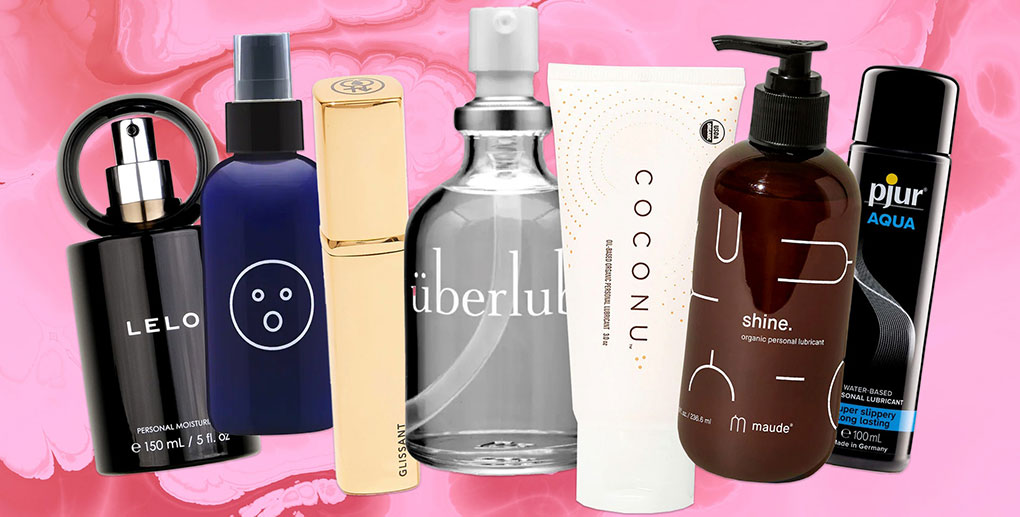Q: “What would be the best type of lubricant to use for sex during menstruation?”
Given the popularity of personal lubricants, and the fact that lube comes in regular contact with mucous membranes, you might be surprised to learn that there isn’t much in the way of published research on the safety and general use of lubricant. There have been a few studies (of both the marketing survey and peer reviewed published research variety) on preferences of one lube over another, attitudes toward lubricant use, and how and when people use lube.
But some of the most basic questions about the effects of lubricant on our bodies when we’re having sex, and on the sex we’re having remain unanswered.
Over the past few years an organization called IRMA, which is advocating for the development of rectal microbicides, has taken it upon themselves to support more research on the basic safety of personal lubricants. There are still only a handful of studies and these studies have raised more questions than they’ve answered when it comes to lube safety. But it’s an encouraging start.
But no one, it seems, in the scientific community has turned their attention to how lubricant might interact with vaginal secretions when a person is menstruating. I searched the literature for any research that might tell us how using personal lubricant during a period might change the sensitivity or safety of the experience. Nothing. I contacted many manufacturers. A chemist from Davryan Laboratories, the makers of Probe, responded, as did one of the chief scientists at the world’s largest consumer products company.
Neither were aware of any research that could speak to this question directly.
Which means I have to turn from research to experience to offer you some answers.
Most of my professional experience with this subject comes from working in sex shops for over twenty years. But it’s been a few years since I’ve been doing that work, so I contacted Ellen. Ellen is the co-owner of A Woman’s Touch, a sex shop based in Madison, WI. The shop takes a particular interest in women’s health and issues around vaginal pain and lubrication. Here’s what Ellen said:
“If you want to use a water-based lube for external play, avoid those that dry out and get tacky quickly as that can cause tearing of the tissue and make for a much less pleasant experience. Those containing aloe and/or carrageenan and no glycerin are better choices. Silicone won’t soak in for external play on the vulva and it only takes a little to make a nice playing field (as it were). It is my strongest preference for external stimulation of the vulva during one’s period.“
I talked with another colleague who wondered if menstrual blood might decrease the slipperiness of lube faster than non-blood-containing vaginal secretions. If that were true, the best lubricant would be one that stays slick longer and isn’t as susceptible to break down. Because silicone based lubricants last longer than water based lubricants they might be the better choice in this scenario.
My own initial reaction to your question is that the answer will be no different than an answer to the more general question; what’s the best lube for a particular person at any time? The answer to this question will depend on the body, on the kind of sex you’re having and on personal preference. All of these factors can change together and independently, making it unlikely that one simple answer will be found.
In my experience the best approach is to start by learning about the difference between lubricants, and then to experiment. Most good sex shops sell lubricant in sample sizes.
If part of your question was about health and safety, there’s no research that suggests that lubricant use during a period would be a cause for any more or less concern than lubricant use when a body is not menstruating. In fact the only anecdotal comment made in some studies and by some of my colleagues is to confirm that it’s probably a good idea to use some kind of lubricant during menstruation.












